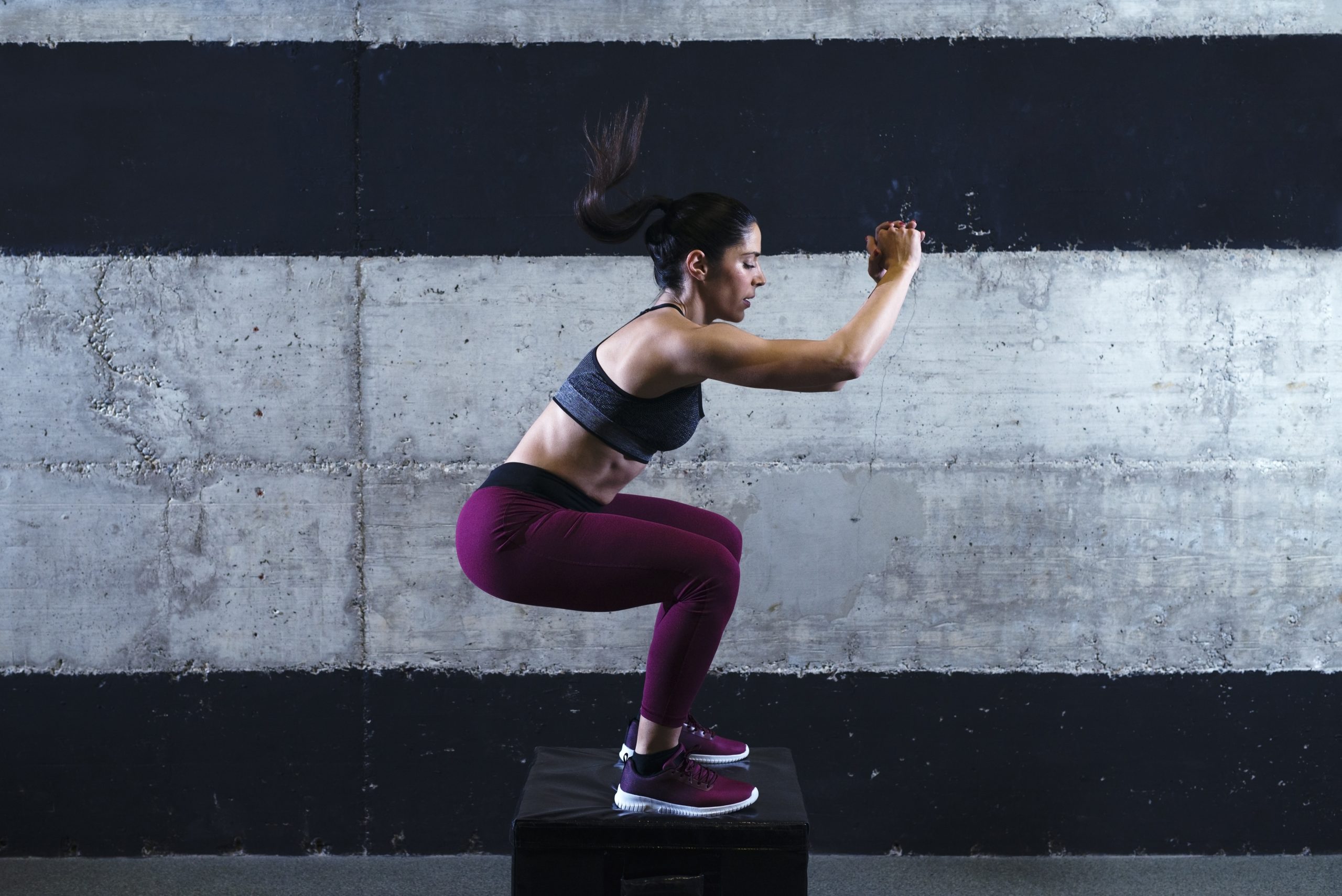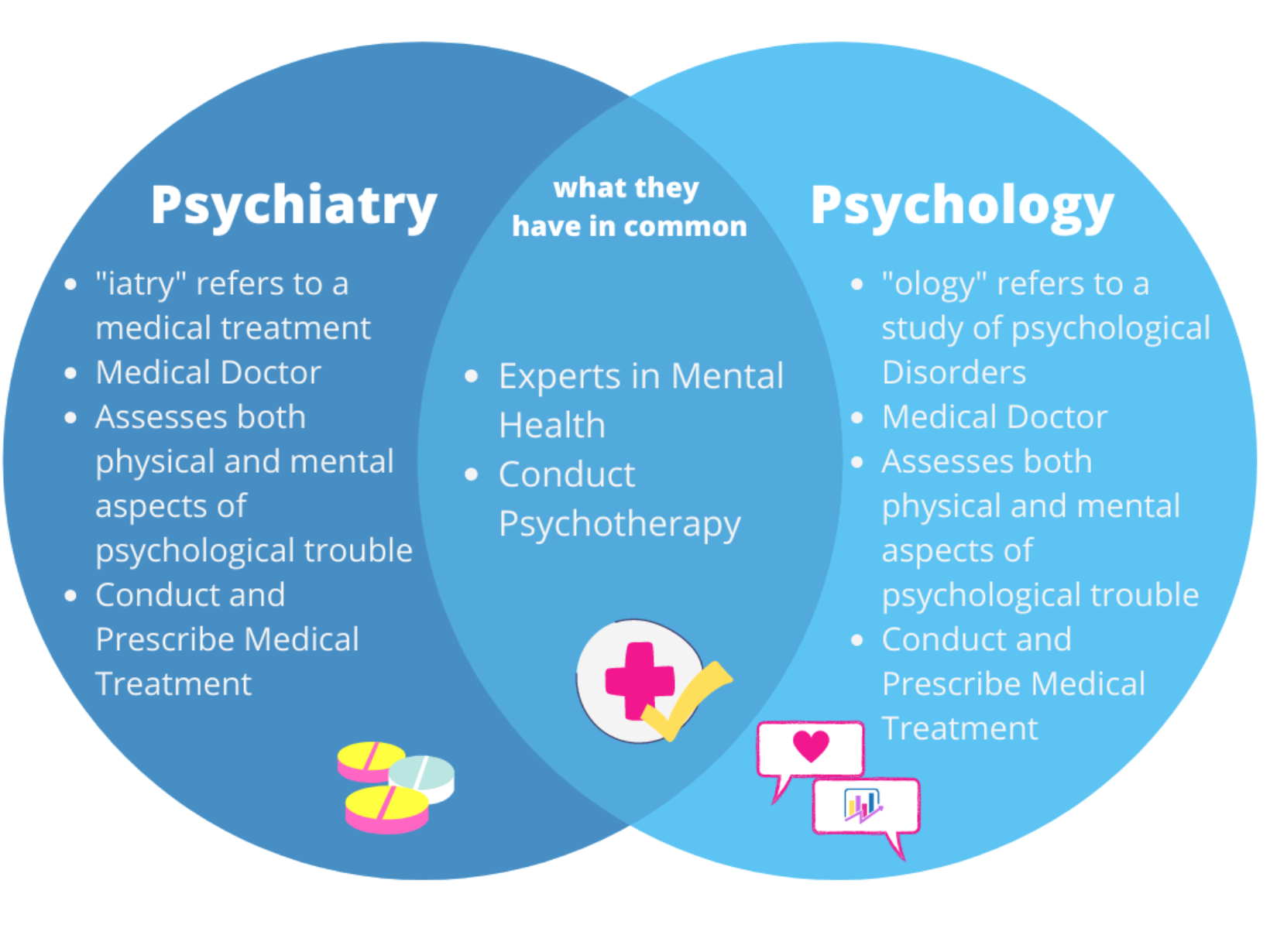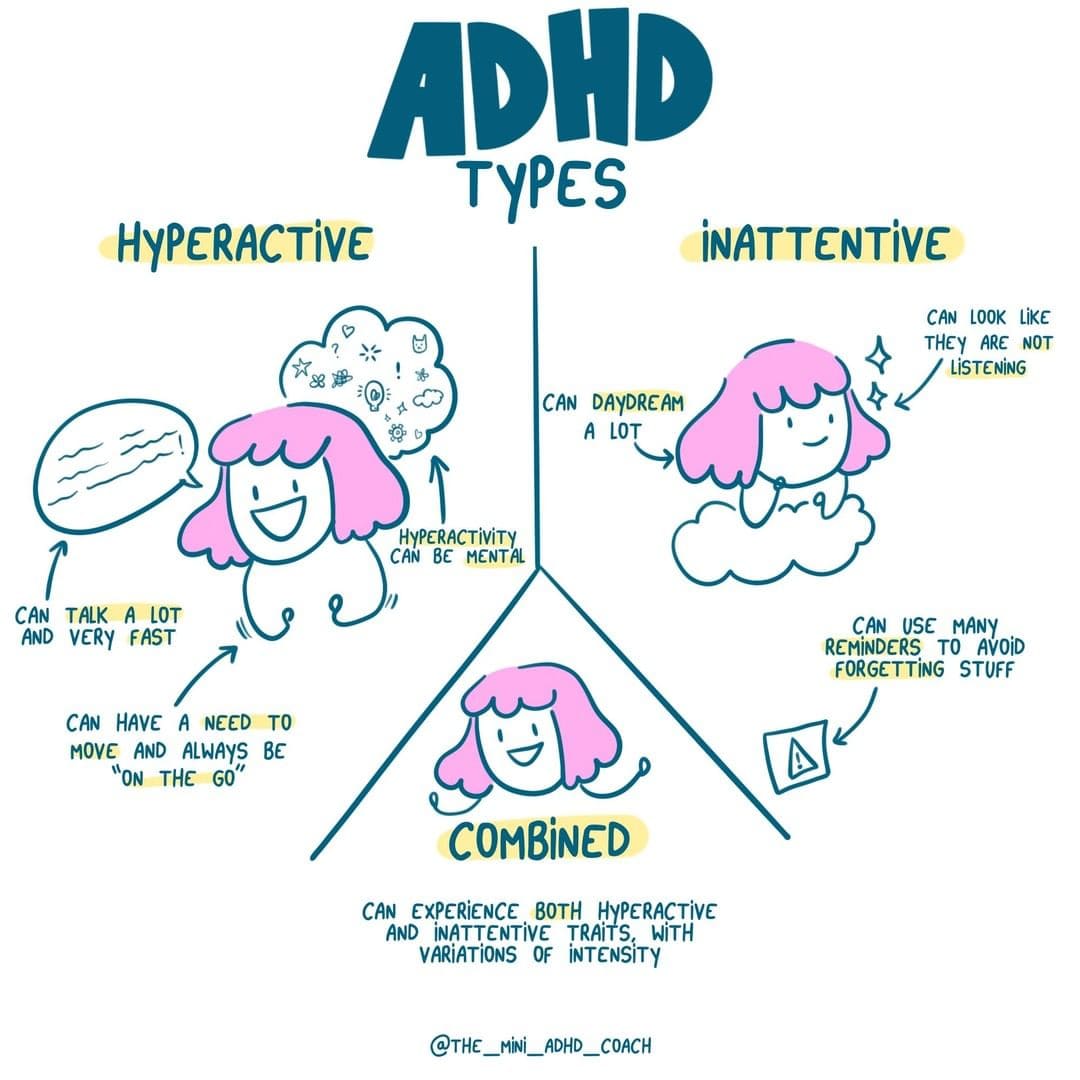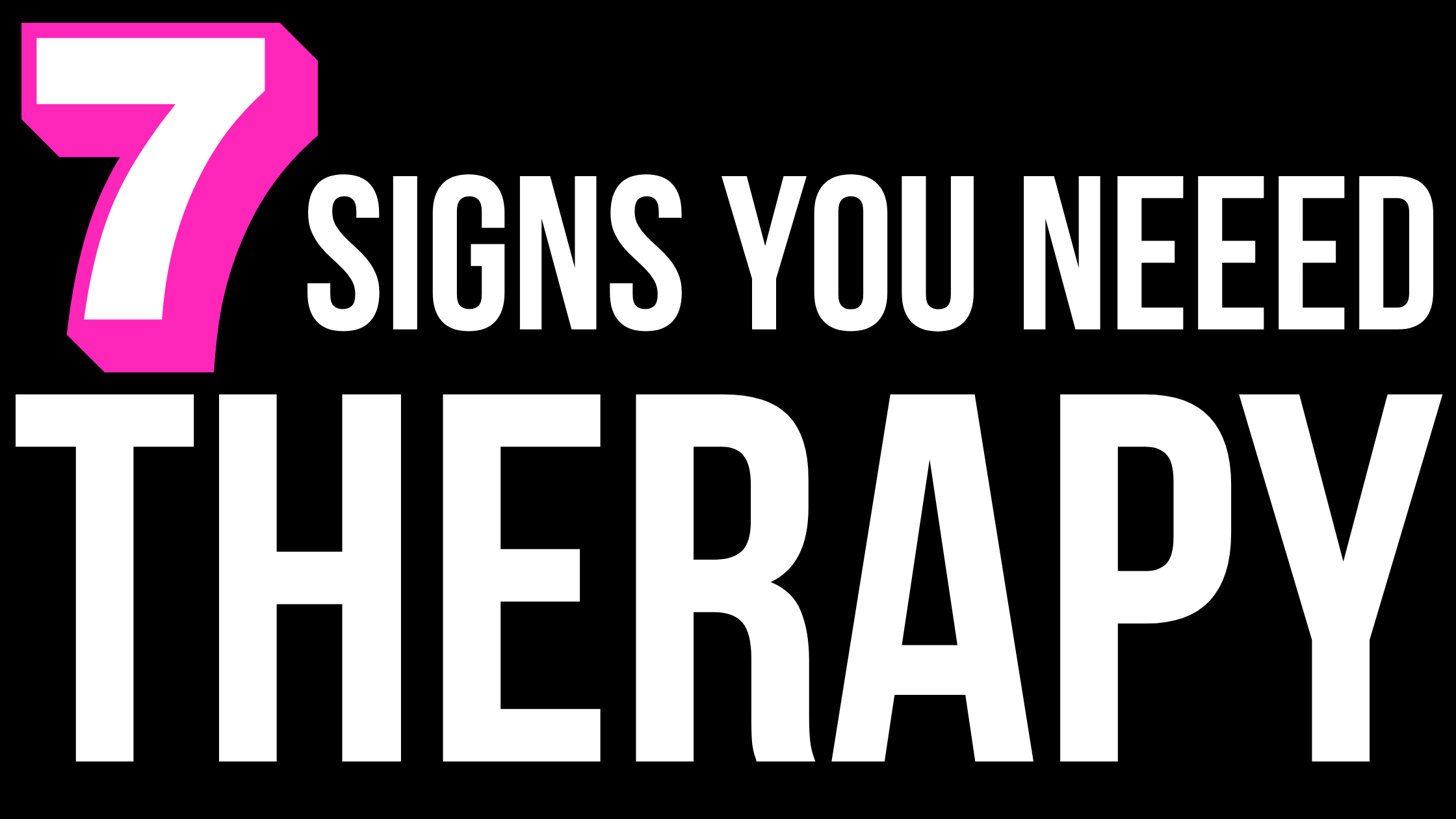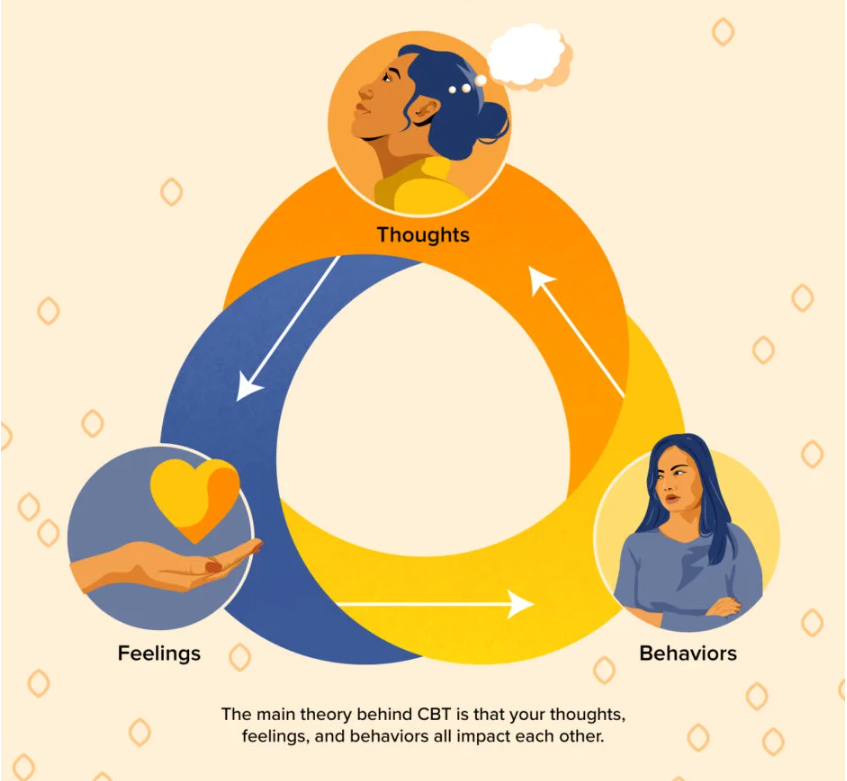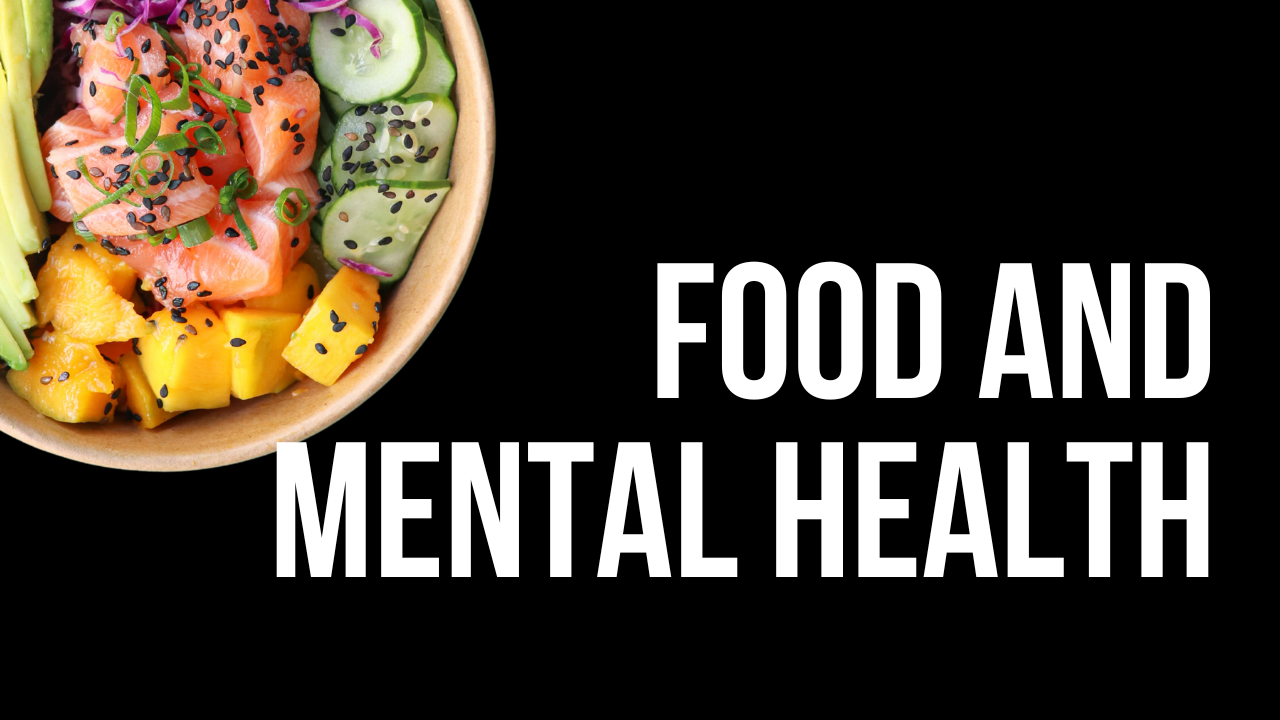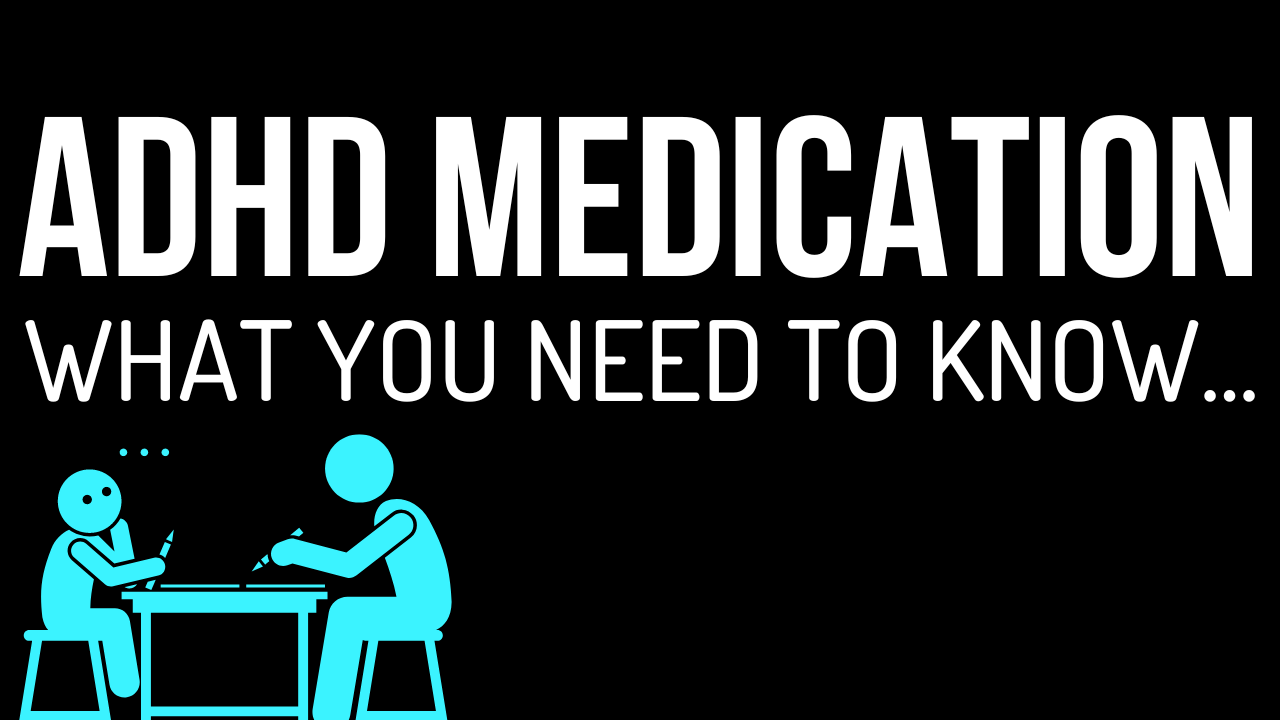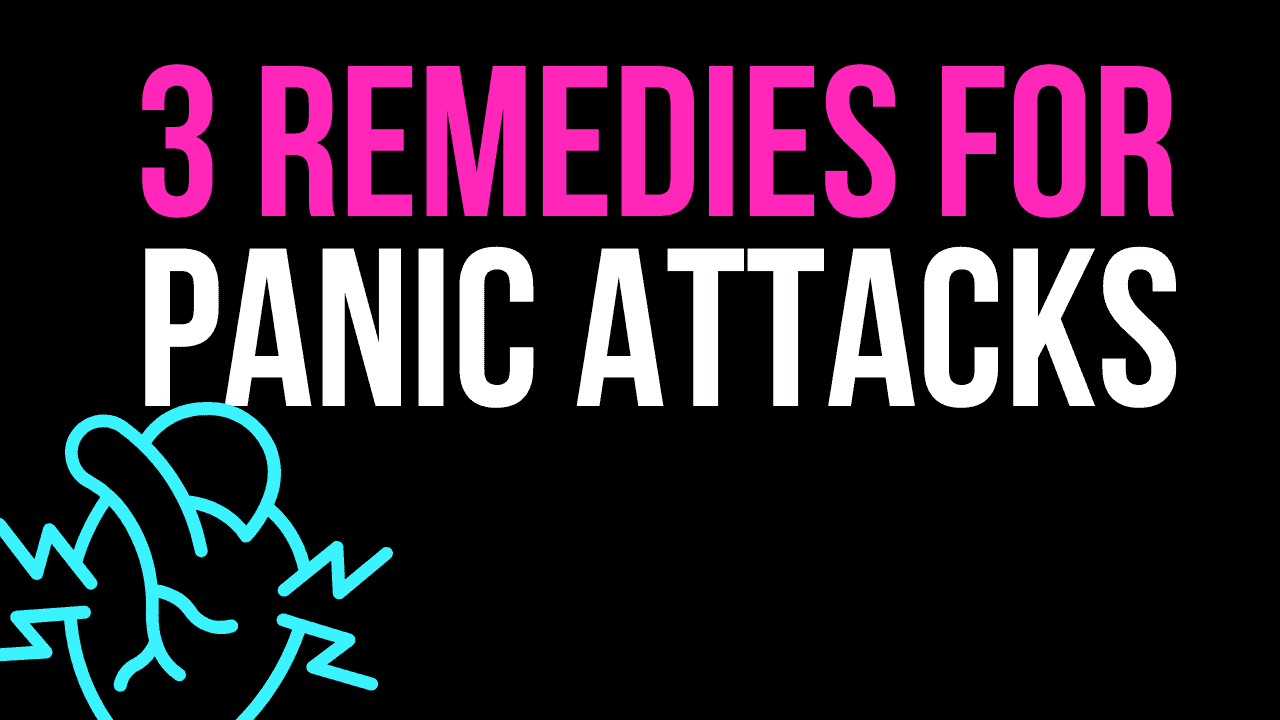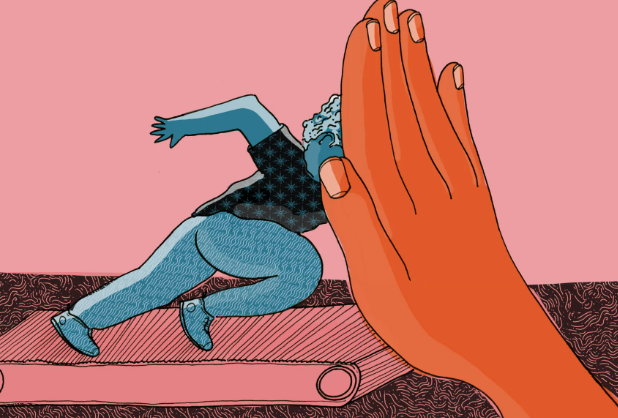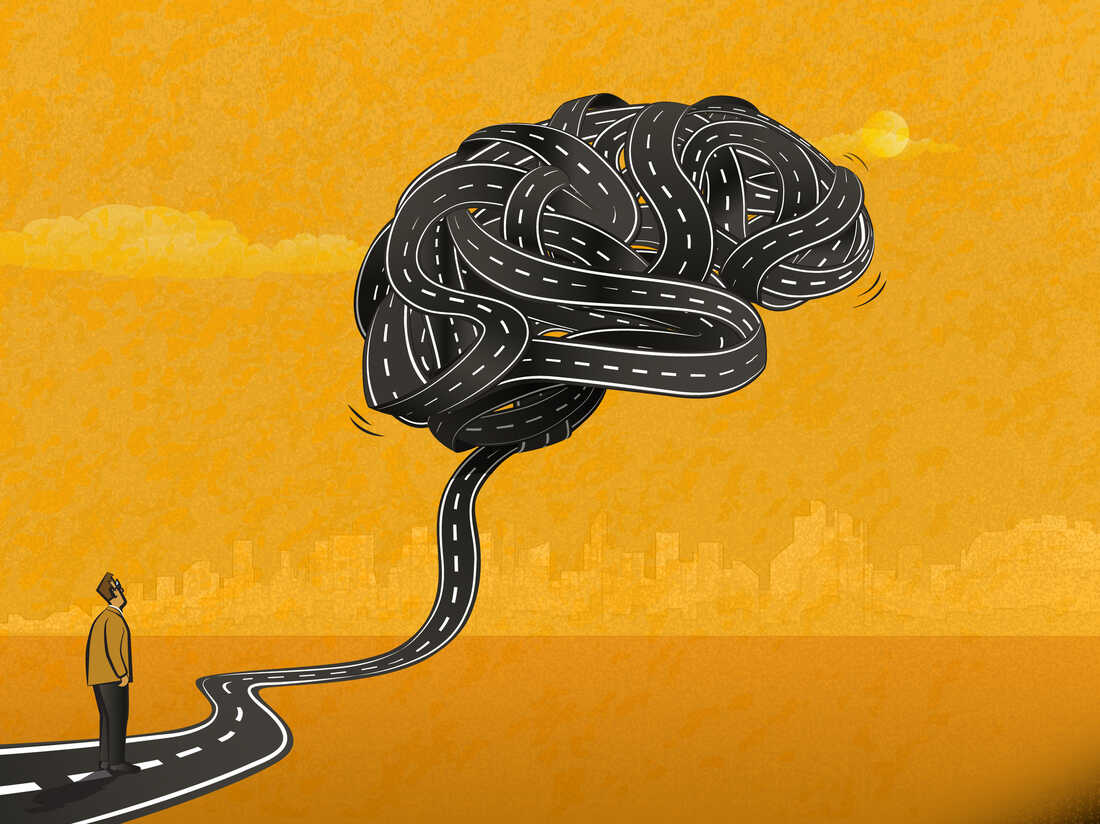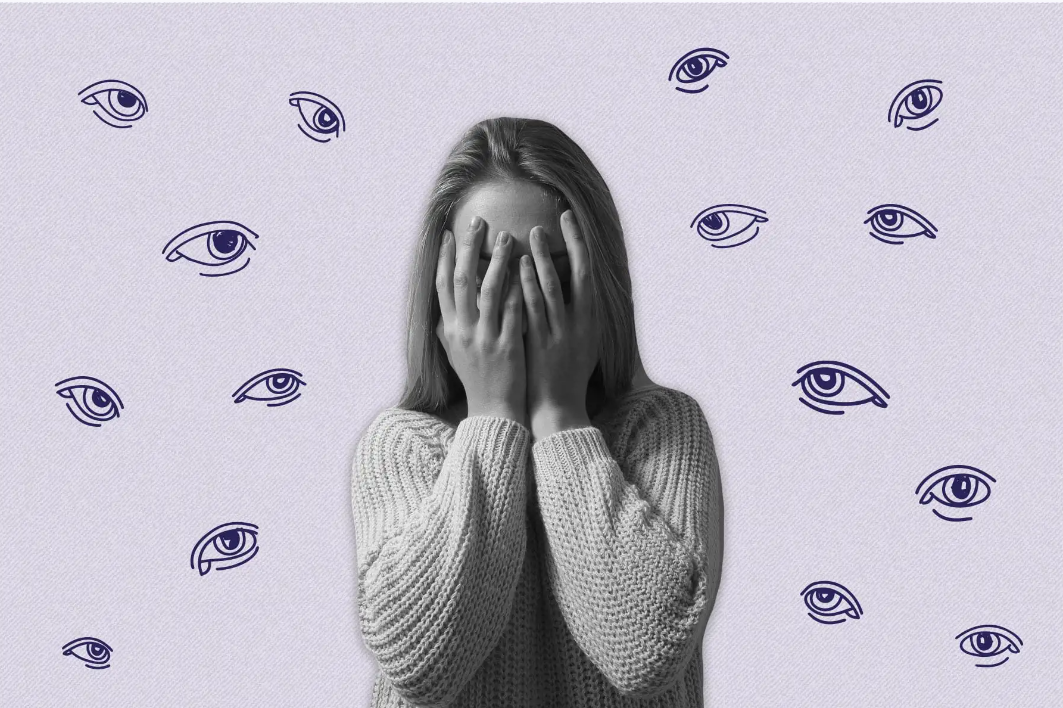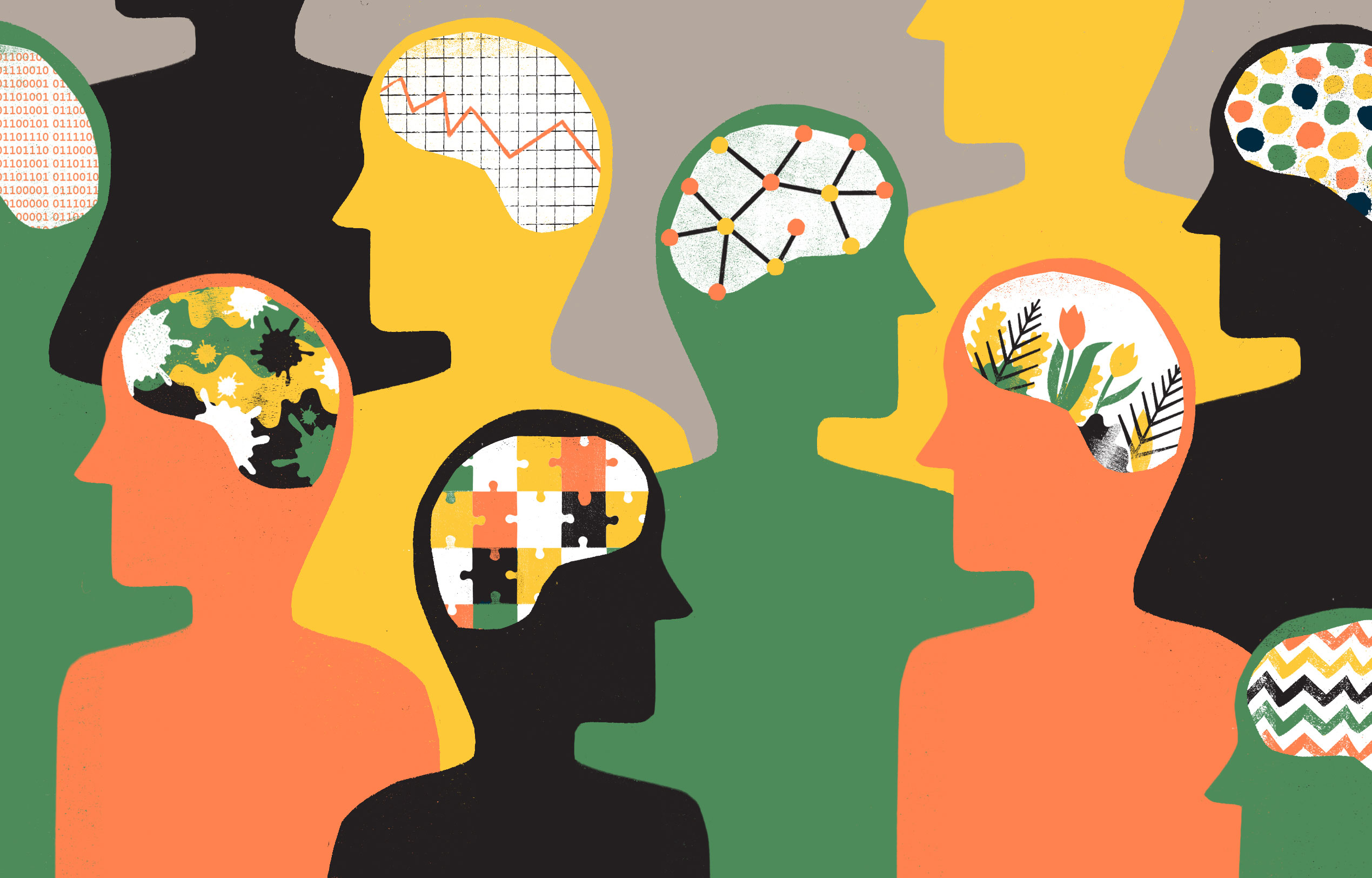What is Attention Deficit Hyperactive Disorder (ADHD)?

Attention deficit hyperactivity disorder (ADHD) is a neurodevelopmental disorder that affects both children and adults. Individuals with ADHD typically struggle with inattention, hyperactivity, and impulsivity, which can significantly impact their daily life and functioning.
ADHD can also cause problems with executive functioning, such as planning, prioritizing, and initiating tasks. These difficulties can lead to problems in academic, occupational, and social settings.
While the exact causes of ADHD are unknown, research suggests that genetics, brain chemistry, and environmental factors may play a role in the development of the disorder. However, ADHD is treatable through a combination of medication, therapy, and lifestyle changes.
If you suspect that you or someone you know may have ADHD, seeking the help of a mental health professional is recommended. A psychiatrist or other mental health provider can help determine if an individual has ADHD and develop a personalized treatment plan to help manage symptoms and improve quality of life.
SYMPTOMS of ADHD/ Types of adhd
Attention-Deficit/Hyperactivity Disorder (ADHD) is usually comprising three distinct subtypes: Inattentive, Hyperactive-Impulsive, and Combined. These categories are integral to understanding the various ways ADHD manifests in individuals.
Historically, ADHD was divided into ADD (Attention Deficit Disorder) and ADHD based on the predominant symptoms of inattention and hyperactivity-impulsivity. However, our understanding has evolved to recognize that most people experience a blend of these symptoms
Inattentive type/ Inattentive symptoms will usually manifest as mental hyperactivity or internal hyperactivity (not very visible from the outside). This person may have difficulty staying on task, sustaining focus, and staying organized, and these problems are not due to defiance or lack of comprehension.
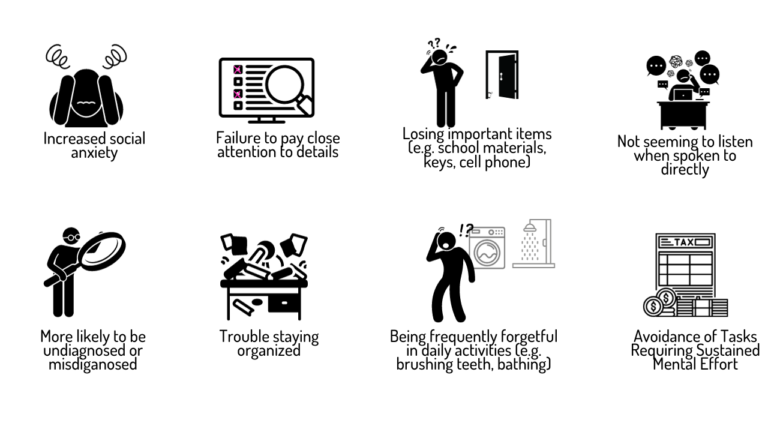
- Be disorganized
- Lack focus
- Have a hard time paying attention to details and a tendency to make careless mistakes. Their work might be messy and seem careless.
- Have trouble staying on topic while talking, not listening to others, and not following social rules
- Be forgetful about daily activities (for example, missing appointments, forgetting to bring lunch)
- Be easily distracted by things like trivial noises or events that are usually ignored by others.
- Have a hard time getting along with others because they can’t read people’s feelings and moods
- Daydream a lot
- Freezes and gets lost in thoughts often
- Be too wrapped up in their own thoughts to hear you
Hyperactive Type/ Hyperactivity usually described the more physical manifestations of ADHD symptoms. This means a person may seem to move about constantly, including in situations when it is not appropriate, or excessively fidgets, taps, or talks. In adults, hyperactivity may mean extreme restlessness or talking too much. Kids with hyperactivity may:

- Fidget and squirm when seated
- Get up frequently to walk or run around
- Run or climb a lot when it’s not appropriate (In teens, this may seem like restlessness)
- Have trouble playing quietly or doing quiet hobbies
- Always be “on the go”
- Talk excessively
Rejection Sensitivity Dysphoria: Rejection Sensitivity Dysphoria refers to an intense emotional response to perceived or real criticism, rejection, or failure. For individuals with ADHD, RSD can act as an emotional amplifier, magnifying their reactions to social interactions and triggering overwhelming feelings of distress, shame, and hurt. What might be a minor social setback for others can become a deeply upsetting experience for those with RSD, leading to an internal turmoil that might not be apparent on the surface.
Extreme Sensitivity: Even mild criticism or perceived disapproval can trigger an intense emotional reaction, causing individuals to feel deeply hurt or demoralized.
Heightened Emotional Reactivity: Emotions like anger, sadness, or anxiety may surge rapidly and intensely in response to perceived rejection, sometimes leading to outbursts.
Avoidance Behaviors: The fear of experiencing rejection or criticism might prompt avoidance of situations, leading to social withdrawal or isolation.
Negative Self-Perception: RSD can foster negative self-talk and undermine self-esteem, perpetuating a cycle of self-doubt and self-criticism.
TREATMENT for ADHD
Assessment and Diagnosis
The first step in treating ADHD is a thorough assessment and accurate diagnosis. Our experienced clinicians will work closely with you or your loved one to assess the symptoms, gather relevant history, and utilize diagnostic tools to confirm ADHD. A precise diagnosis ensures that the treatment plan is tailored to your specific needs.
Evidence-Based treatment for ADHD
We believe in the power of evidence-based treatments. Our clinicians are trained in a range of therapeutic interventions, including but not limited to:
Behavioral Therapy: We offer behavioral interventions that focus on skill-building, time management, and organization to help individuals manage their symptoms effectively.
Pharmacotherapy/ Medication for ADHD: For those who may benefit from medication, our team will provide comprehensive evaluations and work closely with clients to find the right medication and dosage. We offer a variety of ADHD medications, including stimulants and non-stimulants, tailored to your specific needs and preferences.
Counseling and Psychoeducation: Individual and family counseling can be essential in addressing the emotional and psychological aspects of ADHD. We also provide psychoeducation to equip individuals and families with a better understanding of ADHD and strategies for coping.
Lifestyle and Environmental Modifications: We help clients implement practical changes in their daily lives to create an environment that supports their unique needs.
Support for All Ages
ADHD doesn’t discriminate by age. Whether you’re a child, adolescent, or adult dealing with ADHD, our team is here to provide age-appropriate, targeted support. We understand the distinct challenges each age group faces and tailor our treatments accordingly.
Collaboration and Personalization
At AMP Mental Health, we believe that a collaborative approach is vital to success. We work closely with our clients, their families, and any other professionals involved, such as teachers or healthcare providers. This collaborative effort ensures a holistic and well-rounded approach to treatment.
BLOGS about ADHD:
REQUEST AN APPOINTMENT
OUR OFFICE IS IN THE HEART OF MIAMI
1411 SW 22nd St
Miami, FL 33145
HEALING HOURS

